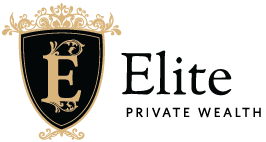The First Home Savings Account (FHSA) is a new type of registered savings plan designed to help Canadians save for their first home. It is available to Canadian residents aged 18 years or older who are planning to buy a home in Canada.
Contribution Limits
The FHSA has specific limits on contributions:
- An annual contribution limit of $8,000.
- A lifetime contribution limit of $40,000.
If you don’t contribute the full amount in a given year, the remaining contribution room carries forward to the next year. However, this carry-forward only begins after you open an FHSA for the first time. It does not automatically start when you turn 18.
Eligibility
The FHSA is designed specifically for first-time home buyers. This means that at the time you withdraw money for a home purchase, you should not have resided in a home you owned in the previous four calendar years.
Where to Open an FHSA
Starting in 2023, you can open an FHSA at banks, credit unions, or any financial institution that issues Registered Retirement Savings Plans (RRSPs) and Tax-Free Savings Accounts (TFSAs).
What Can You Put in an FHSA?
An FHSA can hold savings or investments. The same qualified investments that are allowed in a TFSA can also be held in an FHSA. This could include mutual funds, bonds, and GICs.
FHSA, TFSA, and RRSP
You can hold an FHSA, a TFSA, and an RRSP at the same time. Each of these accounts has its own unique features and benefits. For instance, the RRSP Home Buyers’ Plan allows you to withdraw up to $35,000 from your RRSP to help buy your first home, but the amount must be repaid within 15 years. Any withdrawals from your RRSP that are not for your Home Buyers’ Plan will be considered taxable income.
What Happens If You Don’t Buy a Home?
If you decide not to use your FHSA contributions to purchase a home, you can transfer the savings into an RRSP or Registered Retirement Income Fund (RRIF) tax-free. Otherwise, any withdrawals from your FHSA will be considered taxable income.
There are limits to how long you can keep your FHSA account. You must close your FHSA after you’ve had it for 15 years or by the end of the year you turn 71 — whichever comes first.
Conclusion
The FHSA is a new kind of savings plan. If you’re unsure about whether it’s right for you, consider your long-term savings goals. If you’d like to purchase a home, consider how much you would need to save and whether the FHSA, RRSP Home Buyers’ Plan, or TFSA, would be best for your needs.

